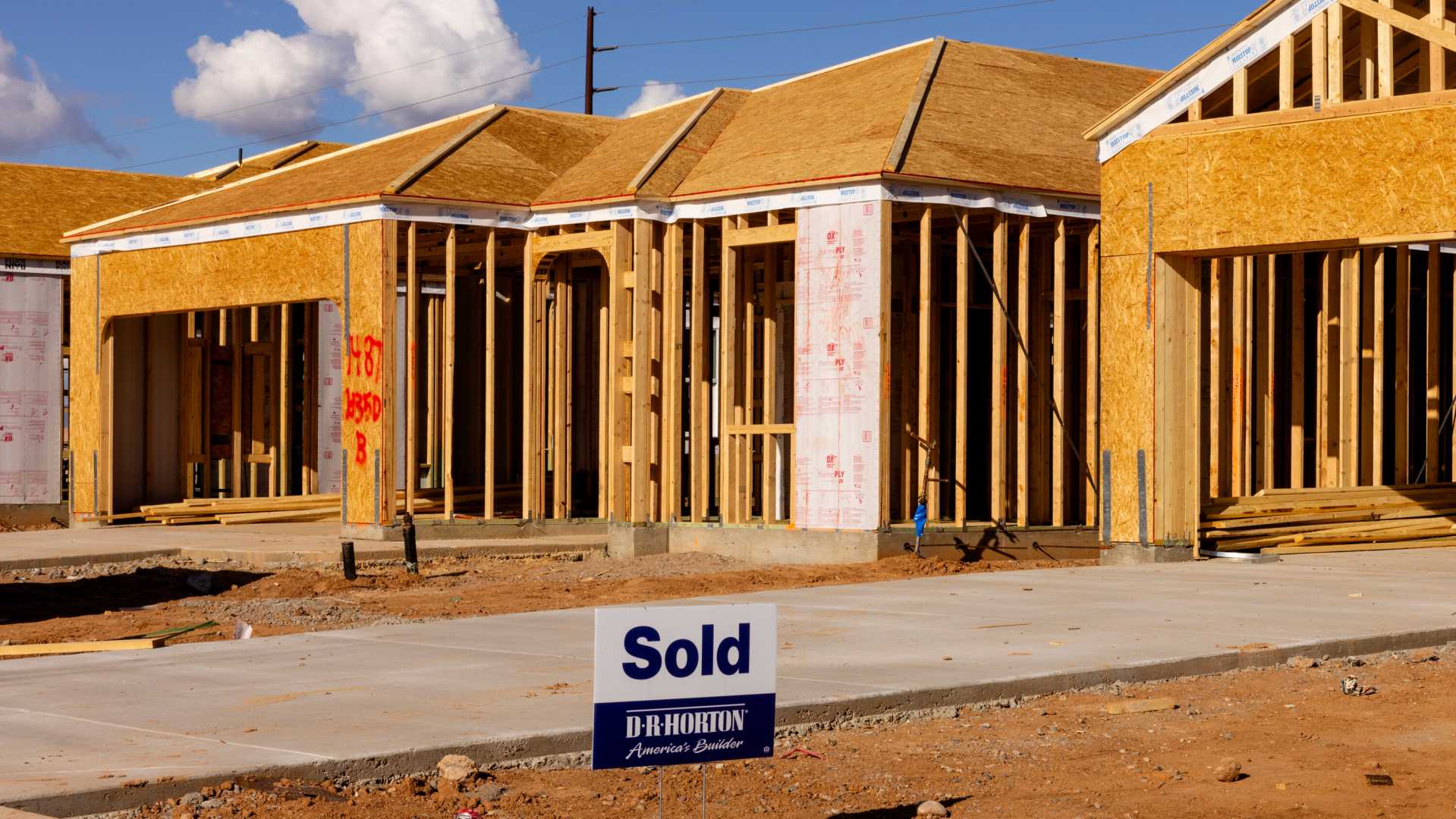News
Economic Struggles Influence Voter Choices in Arizona

MESA, Ariz. (AP) — The harsh reality of escalating living expenses is driving many Arizona residents to reconsider their political choices as the 2024 presidential election approaches. Within this battleground state, voters like Karl Peterson have experienced a stark increase in housing costs, with rent nearly tripling from $625 to $1,800 a month over several years. “I don’t think they’re addressing what’s really going on with me, with my family,” Peterson expressed, doubting that either presidential candidate would address the underlying economic hardships he faces. Despite Arizona’s economic growth, exemplified by a significant job increase, many residents find themselves left behind.
The struggles in Arizona reflect a broader national issue where wealth disparity seems to widen. Although the average U.S. household net worth exceeded $1 million in 2022, median household wealth stood at $192,900, a figure illustrating the disparity in economic experiences among Americans. Despite this, government intervention remains a divisive topic. About half of Arizona voters, as per an AP VoteCast poll, believe governmental measures should be expanded, while others feel existing efforts are sufficient.
Promises by Democrat Kamala Harris and Republican Donald Trump have further fueled political divides. Harris proposes assistance for first-time homebuyers and new parents, while Trump emphasizes job creation and housing availability through stricter immigration enforcement. Yet, disillusionment grows as many voters remain skeptical of their impact, seeing more cultural issues taking center stage in political discourse rather than addressing economic fundamentals like inflation and housing costs.
In Maricopa County, the heart of Arizona’s economic vitality, rapid growth has paradoxically contributed to higher living costs. The county experienced significant job growth, bolstered by tech giants like Intel and Google, making it an attractive location but also driving housing prices beyond the reach of many locals.
Concerns over housing affordability persist, with many like John Akers—whose own ventures have thrived—expressing worries over the pressure faced by his friends and family. “The political conversation often pits the middle class against each other,” Akers observed, highlighting the need for focus on economic issues as opposed to ideological conflicts.
As Election Day nears, the electorate’s attention on Arizona is palpable, with the state crucial to both presidential and congressional outcomes. Local leaders, such as Mesa’s mayor John Giles, advocate for policies that directly address these economic pressures, even endorsing Harris despite his Republican affiliation. The mixed political landscape underscores voters’ desire for effective resolutions, fearing further economic polarization.












